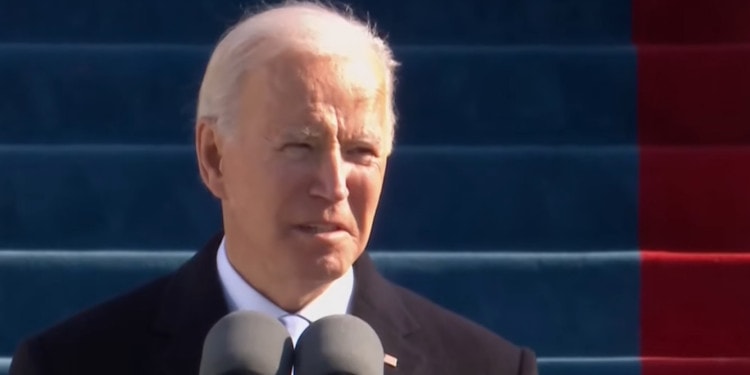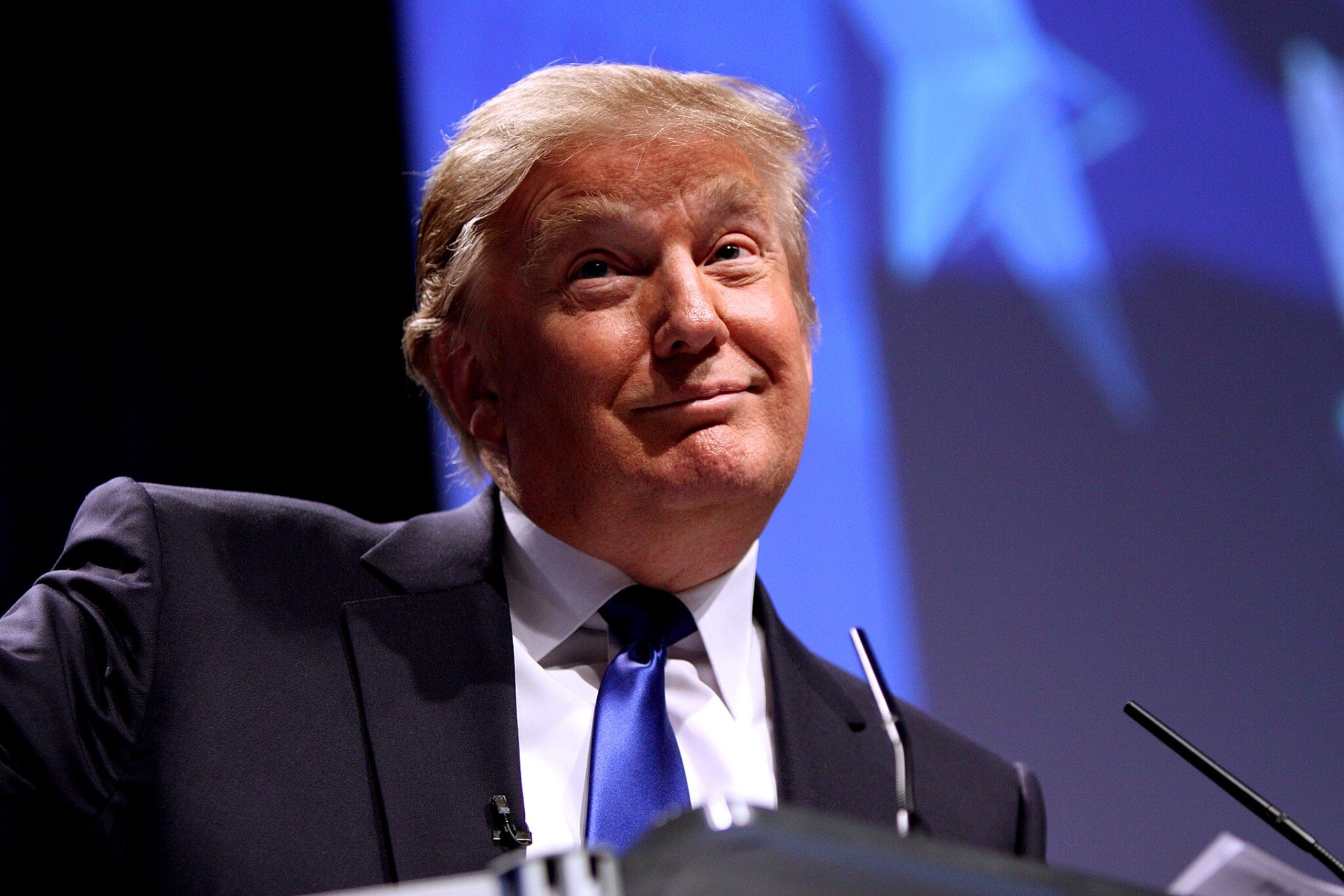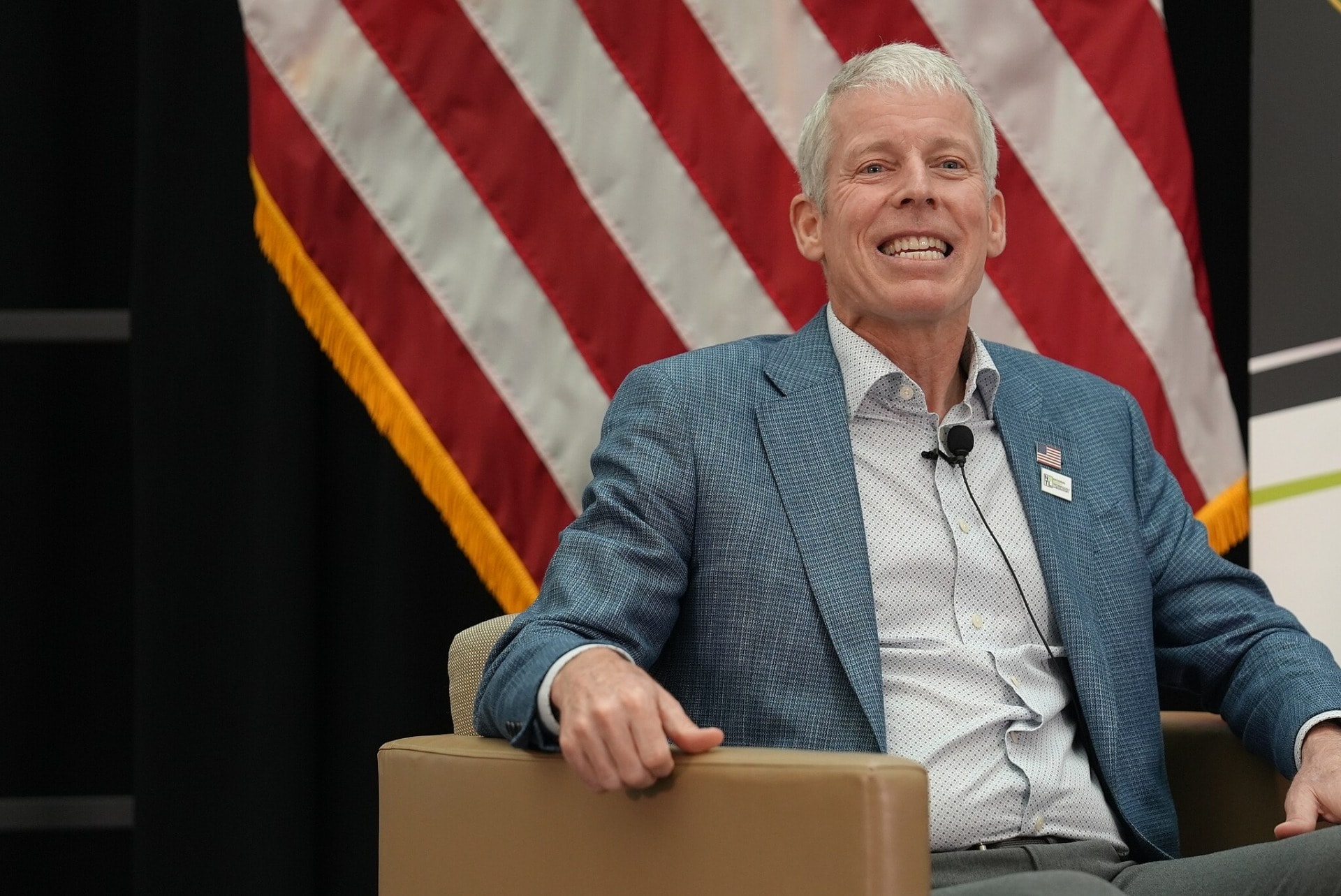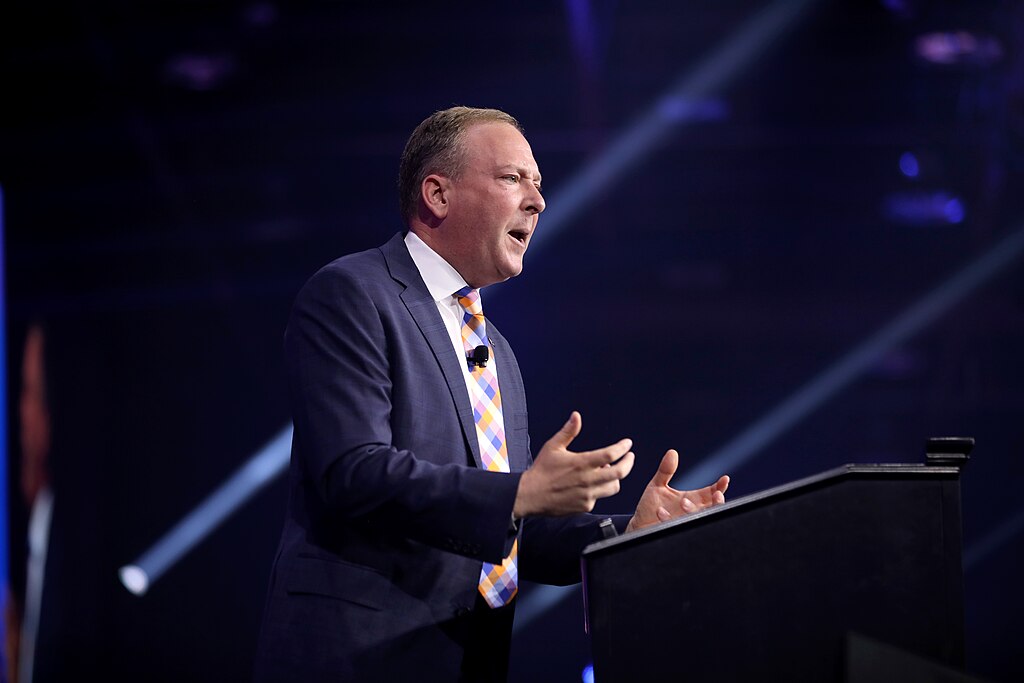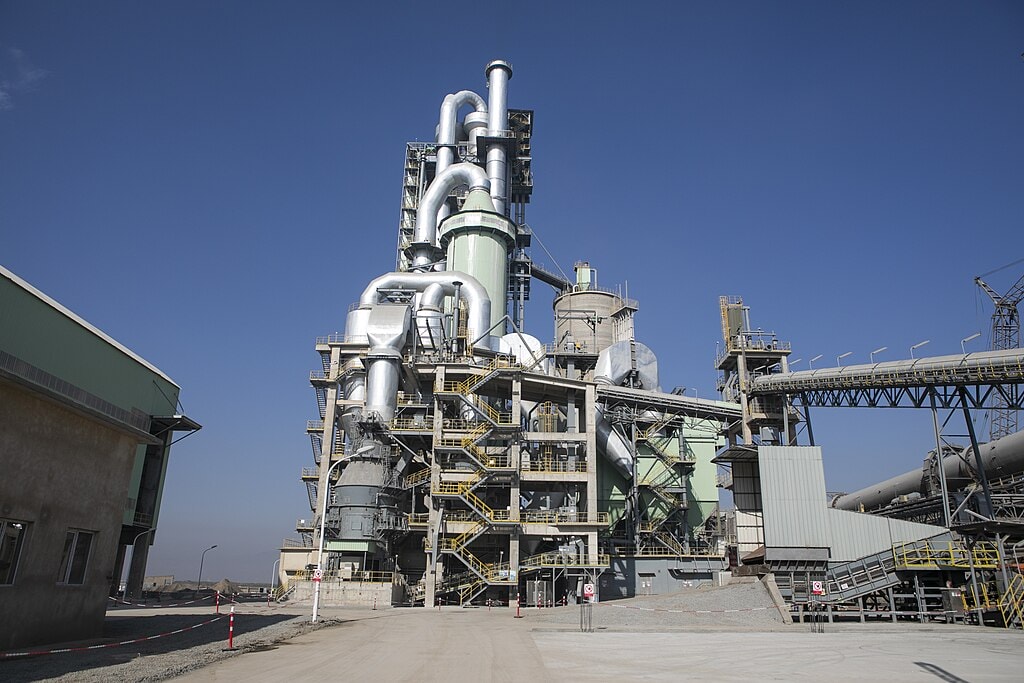Can Biden mop up Trump’s disastrous legacy and enable America to make a comeback? Many see him as a savior, as coming to the rescue of a broken America. Make everything right again. A big task. As we all know, Trump skipped Biden’s inauguration, the first outgoing leader to do so since the 19th century, and in fact, the inauguration was radically different from any recent ones. The New York Times had to dig back into history to wartime stories in order to find similar crowdless, clouded inaugurations. It found three cases: in 1945, at the end of World War II, Franklin D. Roosevelt’s fourth inauguration was “a spartan affair”; in 1861, on the verge of the Civil War when Abraham Lincoln was the target of an assassination plot; in 1865, coming out of the war when smallpox was raging.
This singular attempt of the NYT gives one a sense of how profoundly America feels wounded: Trump’s legacy is similar to a war. It tore apart the country and destroyed America’s image abroad.
Unsurprisingly, Biden in his inaugural speech, noted grimly that the pandemic, notoriously mismanaged by Trump, had already killed 400,000 Americans, as many as World War II.
And unsurprisingly too, Biden announced that he would return America to its world leadership role. Can he do it?
Time and again, the press has noted that Trump’s “imprint on the world will linger” because he changed the tune of the concert of nations. He replaced calls for international cooperation and support for the U.N. Sustainable Development Goals to selfish me-first policies, copied on MAGA. At first, when he announced it in his inauguration speech, people laughed and made fun of it.
Then, when Trump broke up the process of the G7, turning America’s former allies into enemies (especially in Europe), people no longer laughed.
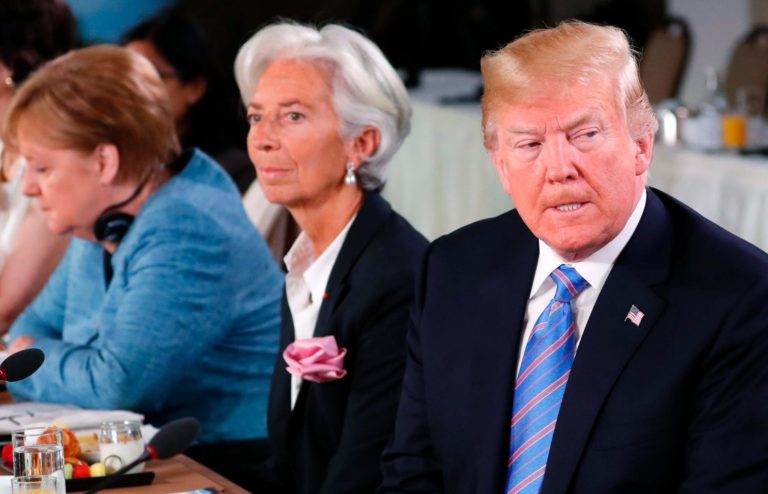
President Biden has promised to restore America’s relationship with the world and I have no doubts that he will. And he will no doubt do his best to restore America’s environment and social conditions.
In his last days, Trump had gone all out in a spree of environmental rollbacks removing rules that control oil and gas drilling, mining and logging and that impose energy efficiency standards and restrictions on toxic chemicals. Biden is expected to start immediately to unwind Trump’s policies with at least 15 executive actions, including orders revoking a permit for the Keystone XL pipeline, imposing a mask mandate on federal property and ending Trump’s travel ban on predominantly Muslim and African countries.
In short, America is set to rejoin the concert of nations, starting with the Paris Climate Accord and the World Health Organization.
But not everything Trump did will be overturned. The U.S. State Department declared on the day before the Biden inauguration that the Chinese government was committing genocide and crimes against humanity through its repression of Uighurs and other mostly Muslim minority groups in the western Chinese region of Xinjiang. The expectation is that this declaration might lead President Biden’s administration to impose sanctions on China. My take is that the U.S. will try to join Europe in containing China rather than go it alone as Trump has done, eschewing allies.
Because that is likely to be the biggest change: Europe will no longer be set aside by America. And the world could return at last to “normalcy”, to the way it was before Trump. And this to the (probable) dismay of populist autocrat leaders like Putin, Bolsonaro, Orban, Kaczyński, Duterte and the slew of populist politicians who follow Trump from Marine Le Pen to Matteo Salvini.
The Flaws in America’s Democracy
So America will make a comeback but to what extent can it be a full restoration? After Trump, we now all see the flaws in America’s democracy. How could a man like Trump, so obviously inexperienced and so profoundly corrupt and wrong for the job of governing the most powerful country on earth make it into the White House?
(1) Candidate Selection
It is clear that in a democracy like America the process of selecting candidates for political jobs doesn’t work. This is a common problem in democracies everywhere and not just in America. I have already written about it in the past suggesting that candidates should go through a vetting process similar to the one business managers have to go through: Only the candidates with the right profile, i.e. proven experience in government, should be retained.
This issue appears to be particularly urgent in America after the Trump disaster, a man who was a known failure in business, accumulating bankruptcies, with a record of tax avoidance and corruption. His only success was being a reality TV star, surely not a relevant preparation for government. Stunningly, nobody is raising this issue in the press, at least not in the major American newspapers that I have seen.
The Republican Party allowed Trump to take it over and the question is why. And is the party finally waking up from its (over) 4-year long love affair with Trump? Senate Republican leader Mitch McConnell said the mob that stormed the Capitol on 6 January was “fed lies” and “provoked by the president”: That was some of the strongest words he’s ever used to tie Trump directly to the attack. A surprise, certainly, but not an assurance that the Senate will move to impeach Trump.
One may well wonder why the process of selecting a candidate for the presidency should be left in the hands of a party. Inevitably, candidacies are shaped by party politics, amities and enmities, with the usual game of alliances that have little to do with the actual leadership qualities of a candidate. As we know, in the case of the Republican Party, the rise of the Tea Party shaped the kind of candidates that emerged.
But there are other important things that obviously don’t work in the American version of democracy.
(2) Electoral College system
For one, the Electoral College system is clearly outdated – going back to the 18th century. But the point is this: It delivers results that can be in total contrast to the popular vote, as was famously the case when Hillary Clinton lost even though she had garnered 3 million votes more than Trump. This is profoundly undemocratic.
(3) The Supreme Court and the Federal Court System
Another obvious shortcoming is the Supreme Court itself: The way judges are selected (by the President and political party in power) and the “forever” aspect of their mandate (they serve until they drop dead). This means that the Supreme Court, which, as the land’s ultimate court should be above political games, is in fact in the hands of politicians. Trump understood this and he was quick to “pack” the court with conservative judges who are all Republican-leaning.
The same scenario applies to the whole Federal court system. Here too, Trump “packed” it. The influence his packing policies will have will most definitely last years if not decades. Clearly, for Biden, it will be very hard for him to overturn that particular type of Trumpian “legacy”.
Why is this so important? Because the courts are one of the three powers in a democracy that need to be maintained in balance, the other two are parliament (Congress) and the executive (the White House).
This points to the limits of what Biden can do as President. What is required is a deep reform of the whole system of democracy in America, including the electoral college, the Supreme Court and the Federal courts.
(4) “Big Government”: The Need for Public Services Structures
But the need for reform doesn’t stop there. The Federal Government’s mandate and powers/ links to state governments should also be reviewed: As the pandemic has tragically shown, the needed collaboration is both halting and faulty in construction.
The whole question of “big government” needs to be addressed.
Over in Europe, the pandemic has changed the way people view big government. Austerity is forgotten and there have been repeated calls for massive spending to shore up business and prevent the kind of mass unemployment seen in the U.S. And such changes could be permanent.
In America, Biden is expected to call for a 1.9 trillion-dollar relief package. But the problem is one of distribution of this relief. America has avoided setting up the large public services structures that exist in Europe and give all citizens access to health facilities and pensions. American politicians – especially in the Republican Party – have famously called for “small” government, constantly cutting back on the Federal budget as they feared a “socialist” or “communist” takeover of the state.
This is also why the Green New Deal that is all the talk in Europe and has taken off in Brussels in the European Commission’s budget and plans, is a non-starter in America. Unless Biden and the Democrats can manage to control Congress.
In short, Biden has a plate full of major policy decisions ahead of him. Many he can take on his own, but not all of them. It will be interesting to see how far he can go and we can only wish him well. This is likely to be a hard, long, climb but the view from the top, should he get there, will be breathtakingly beautiful.
Editors Note: The opinions expressed here by Impakter.com columnists are their own, not those of Impakter.com
Featured Image: Biden Inauguration Speech (screenshot)


